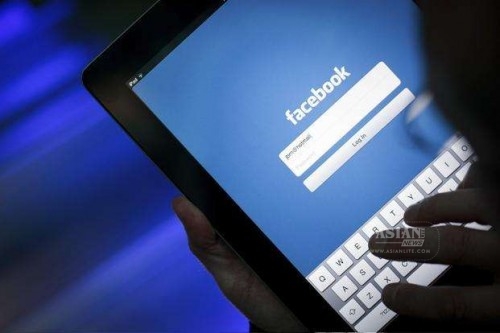 Facebook can either help people recover from mental health problems or make their symptoms worse, a new research shows, adding that the key is to use the social networking tool cautiously and strategically.
Facebook can either help people recover from mental health problems or make their symptoms worse, a new research shows, adding that the key is to use the social networking tool cautiously and strategically.
While some participants in the study found that having a Facebook profile played a part in rebuilding their identities after a mental health crisis, others said it had worsened their condition.
“We found their paranoid, manic and depressive symptoms could worsen as well as improve while being on Facebook,” lead researcher Keelin Howard told the gathering at the British Sociological Association’s annual conference in Glasgow this week.
Howard from the Buckinghamshire New University carried out research with 20 people aged 23-68 who had experienced conditions such as schizophrenia, bipolar disorder, depression and anxiety.
She found that social media like Facebook could provide a source of social support and connection that were important for recovery.
“Many participants spoke of the way Facebook could enhance their mood through keeping up with their friends, and through receiving positive self-affirmation when other people liked or left comments on their posts,” she noted.
But some participants also said it had worsened their condition.
“All participants who experienced psychosis and dealt with paranoia had found Facebook particularly problematic when unwell. It often exacerbated or triggered feelings of paranoia, leading to an increase in delusions or psychotic thinking,” Howard said.
Some became distressed that others’ posts were aimed at them while others became paranoid about how others would react to their posts.
All participants with diagnoses of schizophrenia felt that Facebook was harmful when they were unwell.
However, over time, many learnt how to use Facebook wisely.
All participants used Facebook strategically having learnt over time and through experience to protect and enhance their mental health and well-being as well as of others.
“They had developed a variety of protective strategies such as only “friending” close and trusted friends and taking Facebook breaks,” she concluded.